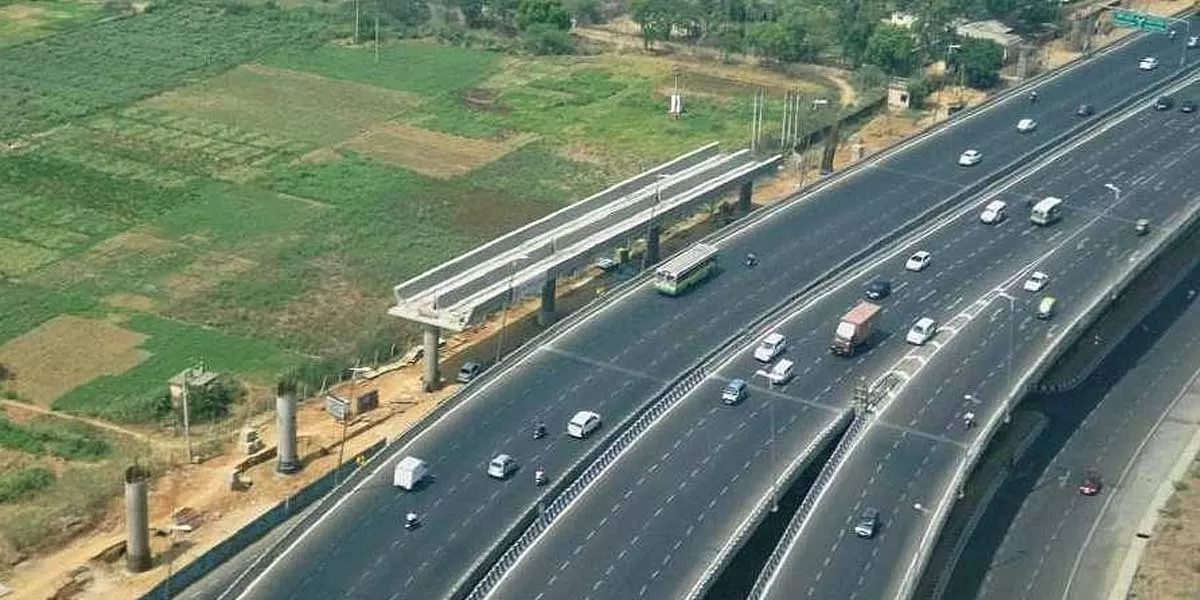
Toll Fee Exemption Hoardings on NHs to Be Removed Soon

REC Approves Rs 75 billifor Brookfield’s Hybrid Energy Project
The Rural Electrification Corporation (REC) Ltd, a Maharatna non-banking finance company, has sanctioned Rs 75 billion for Brookfield’s 1,040 MW hybrid renewable energy project in Kurnool district — its largest-ever funding to a private-sector venture.Developed by Evren, a joint venture between Brookfield (51.49 per cent) and Axis Energy, the Rs 99.1 billion project integrates 640 MW of wind and 400 MW of solar power with battery storage. It is India’s first Firm and Dispatchable Renewable Energy (FDRE) project featuring state-level grid connectivity and a dedicated power purchase agreem..

Oswal Energies, Deendayal Port Partner for Green Hydrogen Project
Oswal Energies and the Deendayal Port Authority (Kandla-Gandhidham) have signed a memorandum of understanding (MoU) to jointly develop green hydrogen, green methanol, green ammonia, and a 100 million litres per day (MLD) desalination plant under the National Green Energy Initiative.The Government of India has identified Deendayal Port as one of the strategic hubs for green energy infrastructure. The collaboration aims to strengthen the port’s role in advancing sustainable energy systems, supporting India’s net-zero and energy security goals.Under the MoU, Oswal Energies will lead the devel..

NLC India Adds 106 MW Solar Capacity at Barsingsar Project
NLC India Ltd (NLCIL) has commissioned an additional 106 megawatt (MW) solar power capacity at its 300 MW Barsingsar Solar Power Project in Rajasthan. With this, the total commissioned capacity has reached 158.83 MW, following the earlier commissioning of 52.83 MW.The Rajasthan Renewable Energy Corporation Ltd (RRECL) issued the commissioning certificate confirming the milestone achievement, the Navratna company said.Implemented under the CPSU Scheme Phase-II of the Ministry of New and Renewable Energy (MNRE), the project is located on NLCIL’s own land in Barsingsar, Bikaner district. It use..
















